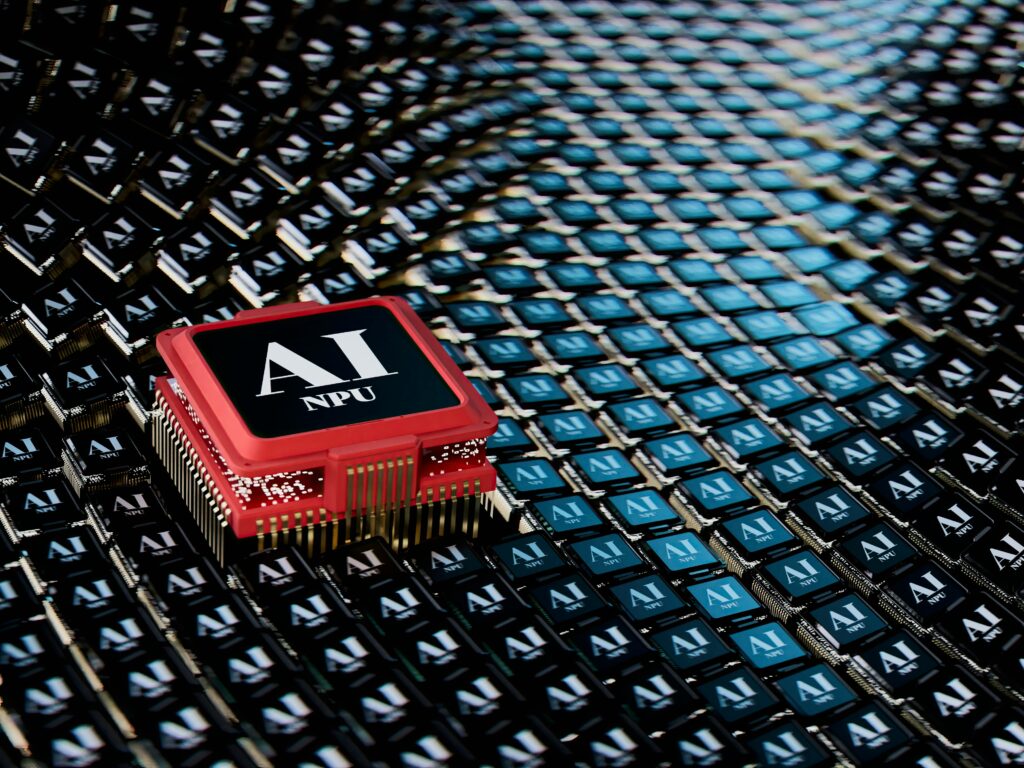OpenAI enlisted SK Hynix and Samsung to supply high-bandwidth memory for its $500bn Stargate project.
Investors drove SK Hynix shares up 10% and lifted Samsung Electronics over 3% in Seoul trading.
Both companies now play key roles in powering OpenAI’s supercomputer network across multiple continents.
Samsung dominates global DRAM and NAND flash production, powering servers, smartphones, and data centers worldwide.
SK Hynix ranks second in DRAM output and leads the high-bandwidth memory market for AI processors.
Together, they control over half of the world’s memory market, shaping prices, capacity, and technology.
High-Bandwidth Memory Powers AI Expansion
High-bandwidth memory moves massive data volumes at ultra-fast speeds, essential for AI model training and deployment.
Stargate will consume hundreds of thousands of HBM wafers or stacks every month, boosting global semiconductor demand.
SK Hynix will lead HBM3 supply while Samsung pushes growth in next-generation HBM4 chips.
This demand surge fuels investment across the AI hardware supply chain and strengthens South Korea’s tech influence.
The Stargate project may reshape the global memory market and accelerate AI infrastructure worldwide.
South Korean companies stand to gain long-term revenue and strategic market advantage from this initiative.
Seoul Emerges as Strategic AI Partner
Hosting Stargate reinforces South Korea’s ambition to become a regional AI and technology hub.
The project strengthens US-Korea ties and reduces dependence on China-sensitive AI technology supply chains.
Korea’s export-driven memory sector offers both scale and political alignment, attracting global AI investment.
By anchoring Stargate, Seoul positions itself at the center of next-generation AI development and infrastructure.
OpenAI’s global initiative highlights South Korea’s growing strategic role in shaping AI and semiconductor technology.
This partnership signals Asia’s expanding influence in the international artificial intelligence ecosystem.


